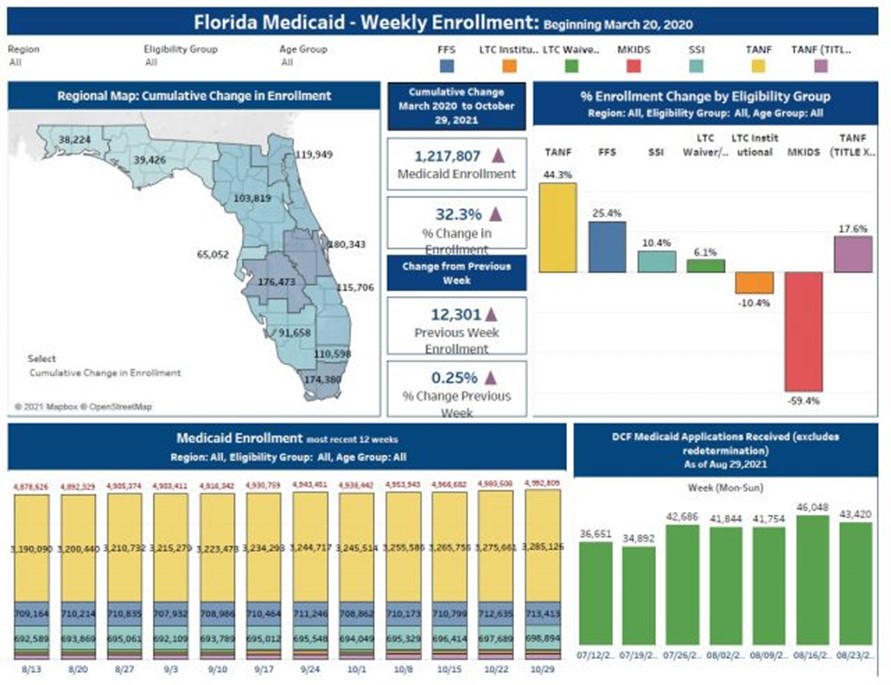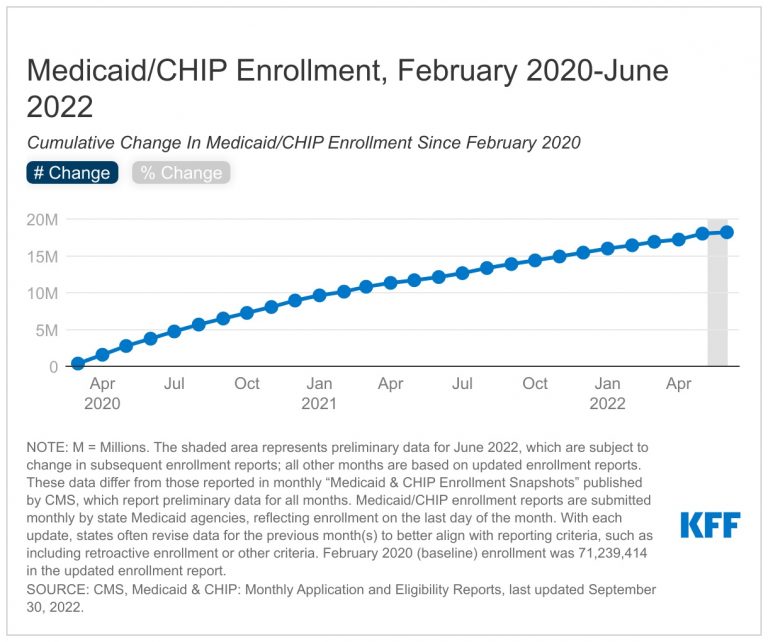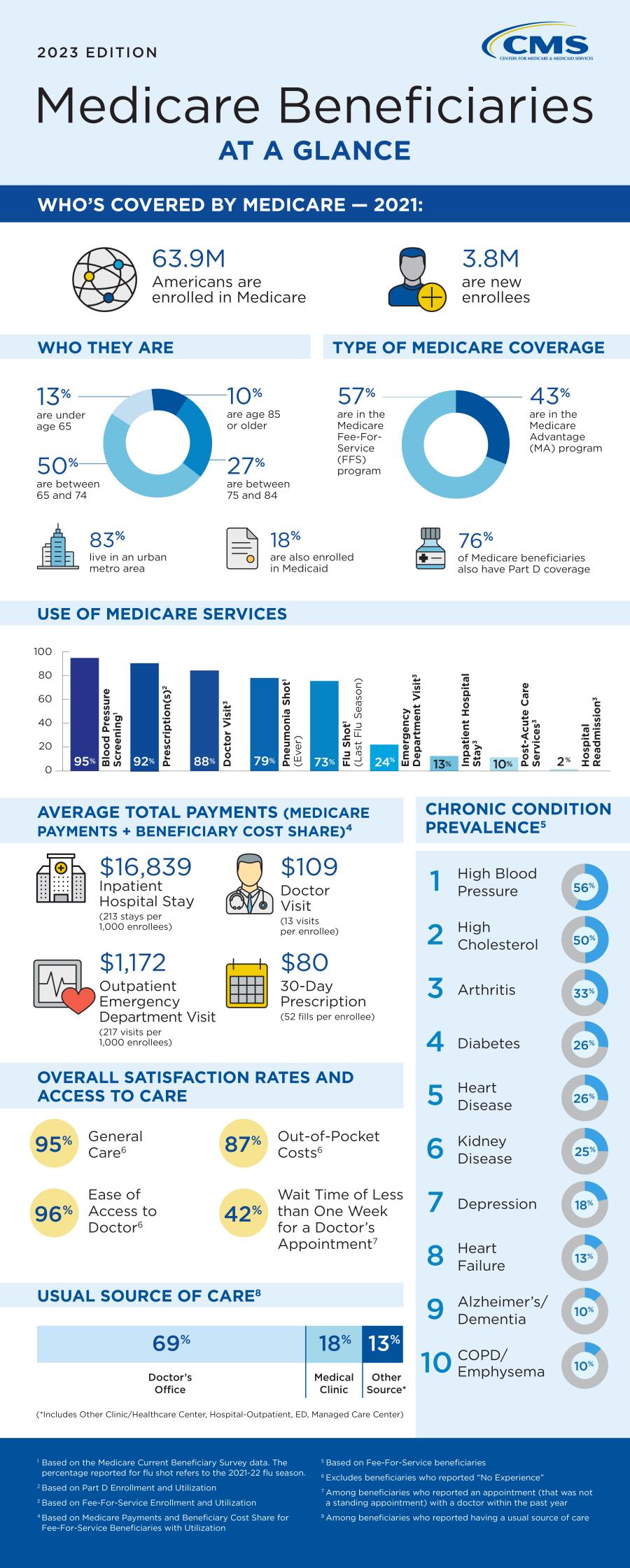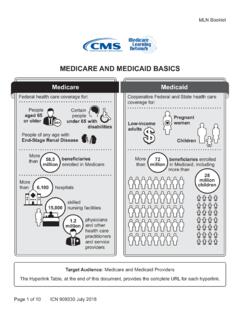Table of Contents
- CMS Requests Extended Special Enrollment Period for Individuals Losing ...
- 'Imminent Danger': Millions Set to Lose Medicaid, Food Benefits Once ...
- Medicaid Racs At A Glance Flash Sales | blog.websoft9.com
- Medicare and Medicaid Basics - CMS / medicare-and-medicaid-basics-cms ...
- Options available to you as Medicaid ends for thousands - YouTube
- CMS announces first states to participate in AHEAD model | AHA News
- Florida prepares for Medicaid disenrollment as end of PHE remains ...
- Five Ways Medicaid Expansion Could Benefit The Economy And Main Street
- 10 Things to Know About the Unwinding of the Medicaid Continuous ...
- Thousands of Kansans losing Medicaid coverage as pandemic help ends



What are Medicaid Designated State Health Programs?



Why is CMS Ending these Programs?


What Does this Mean for Patients?
The end of Medicaid designated state health programs is likely to have significant implications for patients who rely on these programs for their healthcare needs. Some of the potential impacts include: Loss of coverage: Patients who are currently enrolled in Medicaid designated state health programs may lose their coverage, or see their benefits reduced. Increased costs: Patients may face increased out-of-pocket costs for healthcare services, as they may no longer have access to the same level of coverage. Reduced access to care: The end of these programs may also reduce access to care for patients, particularly in rural or underserved areas where healthcare options may be limited.
What Does this Mean for Providers?
The end of Medicaid designated state health programs is also likely to have significant implications for healthcare providers, including: Changes in reimbursement: Providers may see changes in their reimbursement rates, or may face new challenges in getting paid for their services. Increased administrative burden: Providers may face increased administrative burdens, as they navigate the changes to the Medicaid program. Reduced patient volumes: The end of these programs may also reduce patient volumes for providers, particularly in areas where the programs were a significant source of revenue. The decision by CMS to end Medicaid designated state health programs is a significant development that is likely to have far-reaching implications for the healthcare industry. While the agency argues that the move is necessary to streamline and simplify the Medicaid program, critics argue that it will have negative consequences for patients and providers. As the healthcare industry continues to evolve, it is essential to stay informed about the latest developments and to advocate for policies that prioritize patient access to care and provider sustainability.For more information on this topic, please visit the CMS website. You can also learn more about the Affordable Care Act and how it affects your healthcare coverage.
Note: This article is for informational purposes only and is not intended to provide medical or legal advice. If you have questions or concerns about your healthcare coverage, please consult with a qualified healthcare professional or attorney.